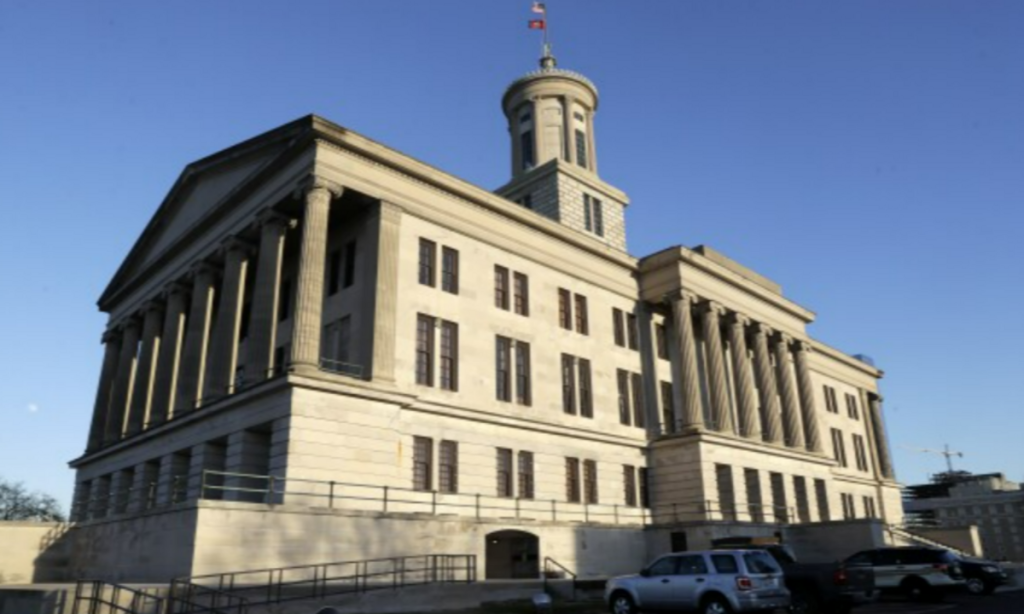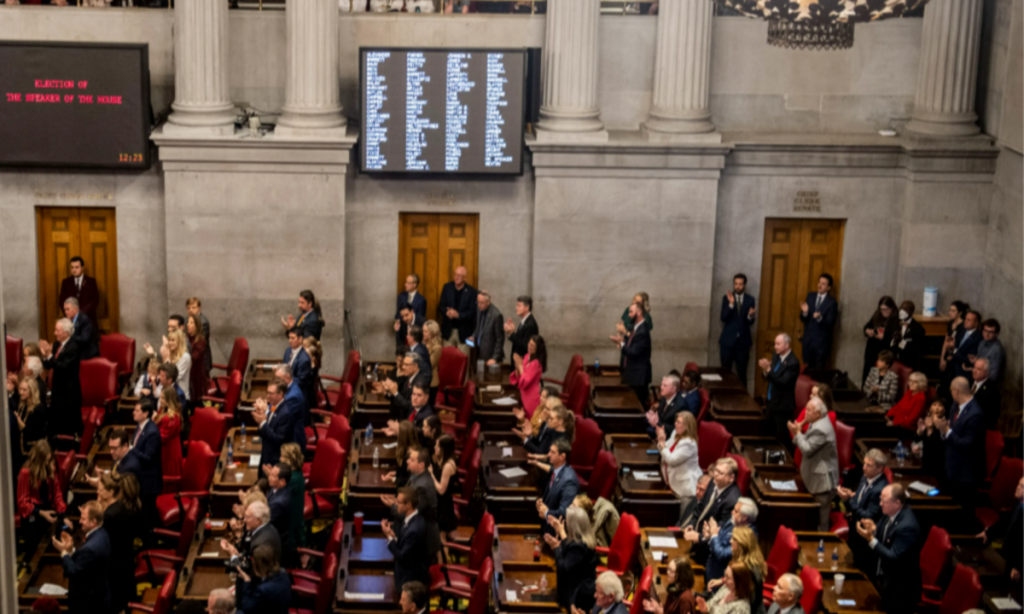In a recent move to reinforce state authority, Tennessee House Speaker Cameron Sexton has introduced legislation aimed at withholding state funds from local governments that disregard or attempt to circumvent state laws or the state constitution.
This proposal underscores the state’s commitment to ensuring local compliance with overarching legal frameworks.
Legislative Intent and Provisions
The proposed bill establishes a process wherein any member of the General Assembly can request the Attorney General’s office to investigate a local governing body suspected of violating state law. If a violation is confirmed, the local government would be notified and given a 30-day period to rectify the issue. Failure to do so could result in the state withholding a portion or all of the state funds allocated to that local government, extending beyond just state-shared sales taxes.
This mechanism mirrors a similar approach employed in Arizona to hold local governments accountable. Speaker Sexton emphasized the necessity of such measures, stating, “The Tennessee Constitution is clear: the legislature has oversight of cities and counties. If local governments refuse to follow state law or circumvent state laws, they should not expect to benefit from state resources. This legislation makes it clear that political stunts will not be tolerated at the expense of law-abiding Tennesseans.”

Support from State Leadership
Lieutenant Governor Randy McNally has expressed his support for the bill, highlighting the constitutional clarity regarding the roles and responsibilities of state and local governments. He remarked, “Local governments are constrained by very clear constitutional guardrails and statutory law. They cannot simply ignore the laws of our state and the clear intent of the legislature. Local government officials need to understand that there are real and tangible consequences for venturing outside their constitutional lane.”
Context and Implications
This legislative initiative arises amidst ongoing discussions about the balance of power between state and local governments. Recent instances have seen local entities attempting to implement measures that conflict with state laws, prompting state leaders to consider stricter enforcement mechanisms.
For example, earlier this year, Memphis’ city council approved placing local gun control initiatives on the November ballot, including requirements for handgun permits and bans on certain firearms. These measures were in direct conflict with Tennessee’s permissive gun laws, leading to threats from state Republican leaders to withhold funding from Memphis if they proceeded with the ballot initiatives.
Similarly, in 2023, Tennessee lawmakers proposed withholding state funding from schools that failed to keep exterior doors locked during school hours, emphasizing the state’s role in ensuring safety and adherence to regulations.
Potential Outcomes and Reactions
If enacted, this bill would serve as a significant reinforcement of state authority, ensuring that local governments adhere strictly to state laws and constitutional provisions. However, it also raises questions about local autonomy and the appropriate balance between state oversight and local self-governance.
Critics may argue that such measures could stifle local innovation and responsiveness to community needs, while proponents contend that they are necessary to maintain legal consistency and uphold the rule of law across the state.
Conclusion
As this legislation progresses through the General Assembly, it will be essential to monitor the discussions and debates it generates, as well as its potential impacts on the relationship between Tennessee state and local governments. The outcome will likely have significant implications for governance and the distribution of power within the Tennessee state.
Disclaimer—Our team has checked this article to ensure its accuracy and eliminate any misinformation. We are committed to providing clear and reliable information for our readers.


